Average sizes and life expectancy for this breed:
Indisputably, Toybobs are irresistible and adorable. With their high playfulness and small size, these kitties capture our hearts, remaining kitten-like all their lives. This cat breed originated in Russia in 1983 and is recognized as among the smallest of cat breeds. However, they are not a mini version of a larger cat breed but a naturally diminutive cat.
As its name implies, the Toybob is a small-sized cat with a kinked bobbed tail. Luckily, the bobbed tail does not affect the cat’s agility or health. Toybob cats can be found in all colours and have either a short or semi-long coat.
Because of their personality and small size, Toybobs have become one of the most popular breeds. They are charming, playful, perky, and very loving. They are not very vocal too. Toybobs have an appreciation for comfort as they enjoy snuggling into soft pillows, sofas and their human companion’s lap. While they are docile, this cat breed enjoys perching high atop furniture as they are agile climbers and graceful on their feet.
Toybobs are frequently seen following their human companion around the house. They are very intelligent and generous in giving back the love and attention you give them. This gentle cat breed can make an excellent family pet because of their playful and very loving nature. They love attention and interaction, which makes them a wonderful pet for the elderly as well. And because they are social, they can live in peace with other pets in the same household.
See available kittens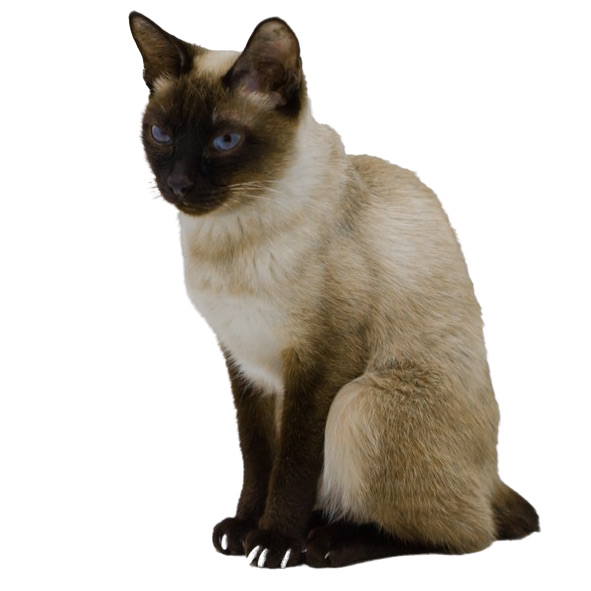

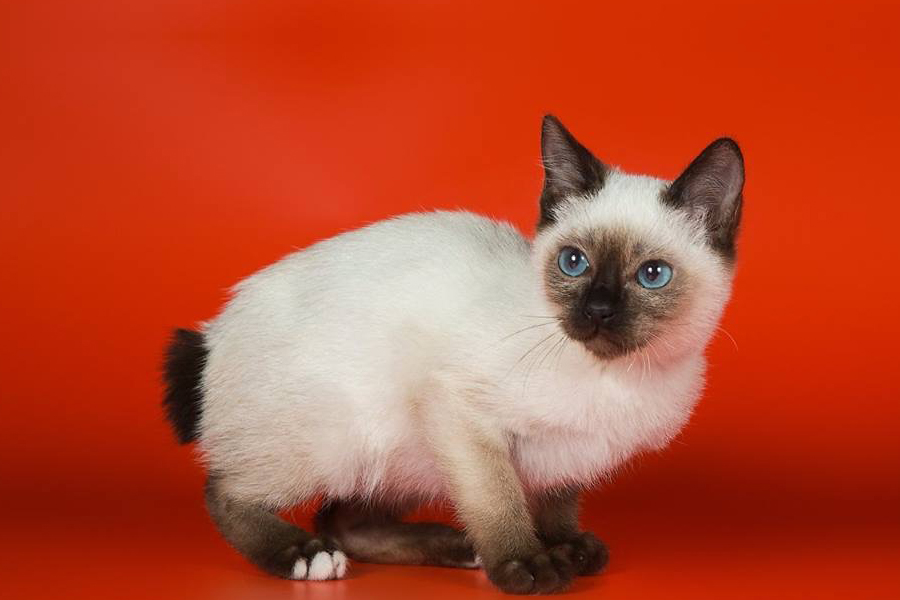


In 1983, the Toybob was first documented in the Rostov Region, Russia, when Ms. Elena Krasnichenko adopted a stray seal-point cat from outside her home. According to her, this particular cat looked very much like the traditional Siamese, except for their kinked shortened tail.
This cat was later bred to another bobtailed seal-point Domestic Shorthair female cat. In 1988, these two cats' produced an oddly small bobtail kitten, which they named “Kutciy,” It became one of the foundation cats for the breed Krasnichenko called “Skif-Thai-Don”, also known in the longer form, Skif-Thai-Toy-Don.
The cat breed has been known under numerous different names and is an essential component of its history. In 1994, the Toybob breed name was suggested by a Russian feline book author and WCF judge Dr. Olga Mironova to be given to all the cats in development.
The cat breed expanded internationally in 2004, when Toybobs were imported to the United States by a Burmese cat breeder. Four years later, the cat breed entered the Experimental state within TICA or The International Cat Association.
In 2015, the ITCC or the International Toybob Cat Club was formed with the commitment to promote the cat breed worldwide, mentor new cat breeders and unite the Toybob standards across all Cat Fancy associations.
Today, the Toybob cat breed has achieved full Championship status in its native country, Russia, World Cat Federation (WCF), the American Cat Fanciers Association (ACFA), and the Cat Fanciers’ Federation (CFF).
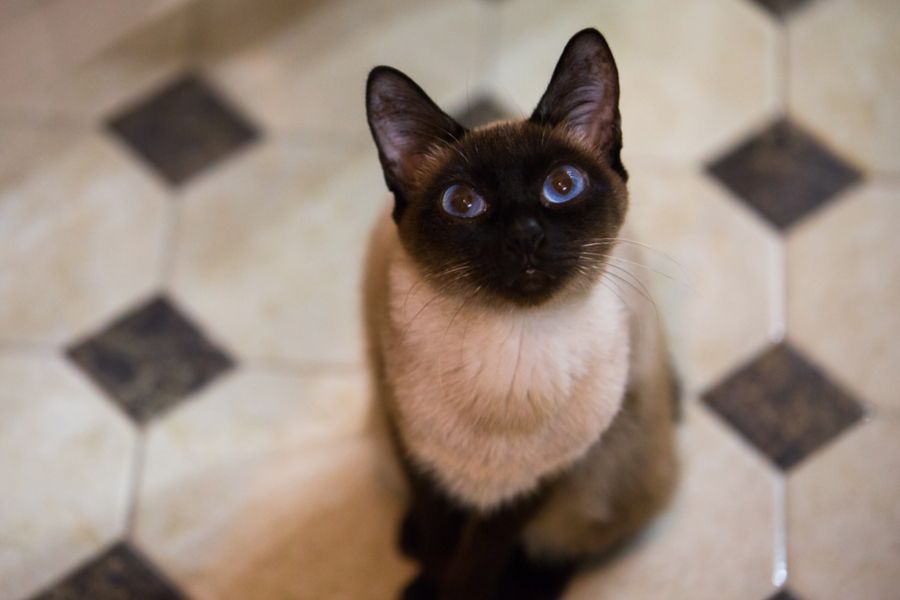
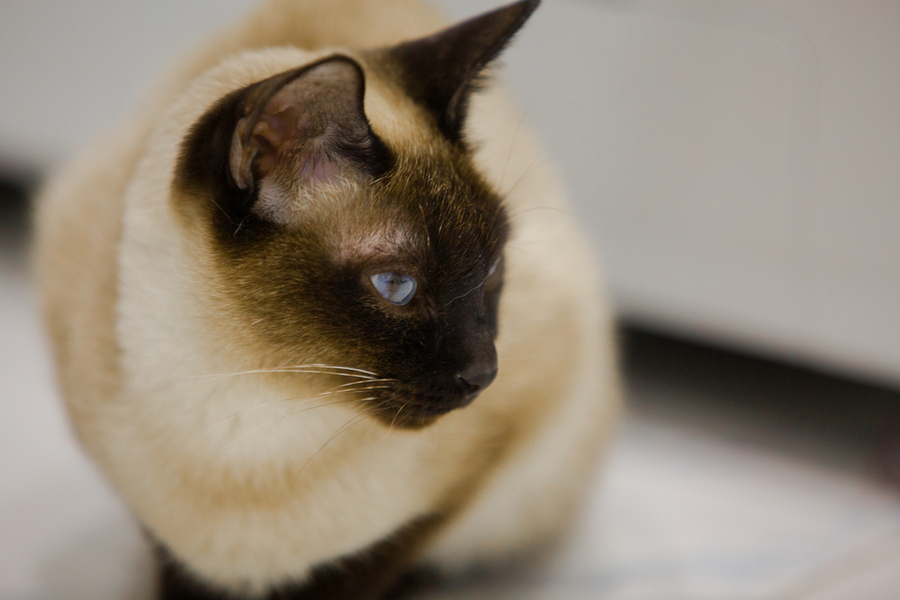
These cats are thought to be the smallest cat of all breeds. Adult Toybobs only grow to the size of a three to six month old standard breed kitten. Aside from their size, another striking physical trait of a Toybob is their short, bobbed kinked tail. It results from a spontaneous, natural mutation they got from the feral cats in Russia, which they have in their ancestry.
Toybobs have a small, solid body that is well-muscled. They have a solid chest, broad rib cage with a little depth to their flanks that adds to their solid and balanced appearance. Toybobs have almost straight backs when they are seen from the side when walking. Their legs are strong, being moderately proportioned with their compact bodies. Their back legs are just a bit longer than the front ones. Their feet are round with elongated toes on their back legs.
Their head is a modified wedge of medium-size with rounded contours and a flat plane just above their eyebrows. Their heads are a bit longer than they are broad, with nice round cheekbones that curve towards the inside of their faces to their mid muzzles. This gives the impression of having a slight or no whisker pinch. Moreover, making their muzzles appear to be modified, square-shaped with adult male Toybobs having more prominent jawlines.
When it comes to their beautiful coats, Toybobs can be short haired or semi-long haired, which can come in all colours and patterns. Shorthair cats have soft, luxurious, dense coats, with undercoats being as long as their outer coats. The hair on their stomachs is shorter and softer, but their coats' texture along the spine is a little rougher and denser.
In contrast, semi-long hair coats are softer with a slight ruff and ear and feet furnishings. Toybob kittens frequently have coats that are somewhat woolly.
The Toybob’s small, cuddly size and loving personality makes this cat breed a popular feline companion. They are cheerful, amiable, and playful. However, Toybobs are less active than some of the high energy cat breeds so their maintenance needs are not too bad.
Don’t be surprised to discover your Toybob perched high on top of your furniture. They are athletic climbers, and, like most cat breeds, they are light and agile on their feet. They enjoy being a lap cat, too as they are a lover of comfort. They particularly enjoy snuggling into soft pillows.
Because of their intelligence and affectionate nature, Toybobs will follow their owners from room to room like they are supervising you. Toybobs make an excellent family pet with their gentle, playful and very loving personality.
This gentle cat breed enjoys interaction and attention, making it a great feline companion for senior citizens and children. The Toybob is very friendly and peaceful with other pets. In fact, they love being in the company of another cat when left alone at home for extended hours.
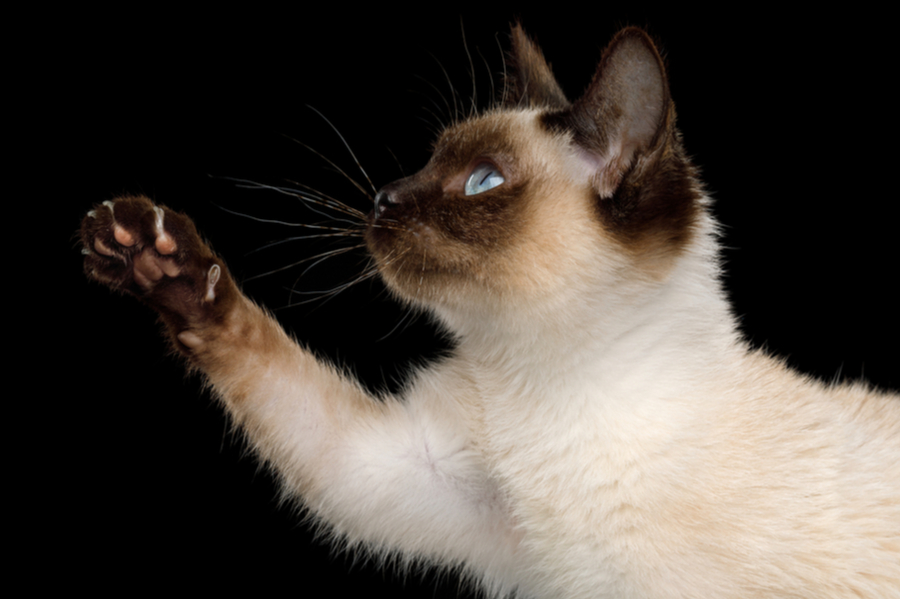
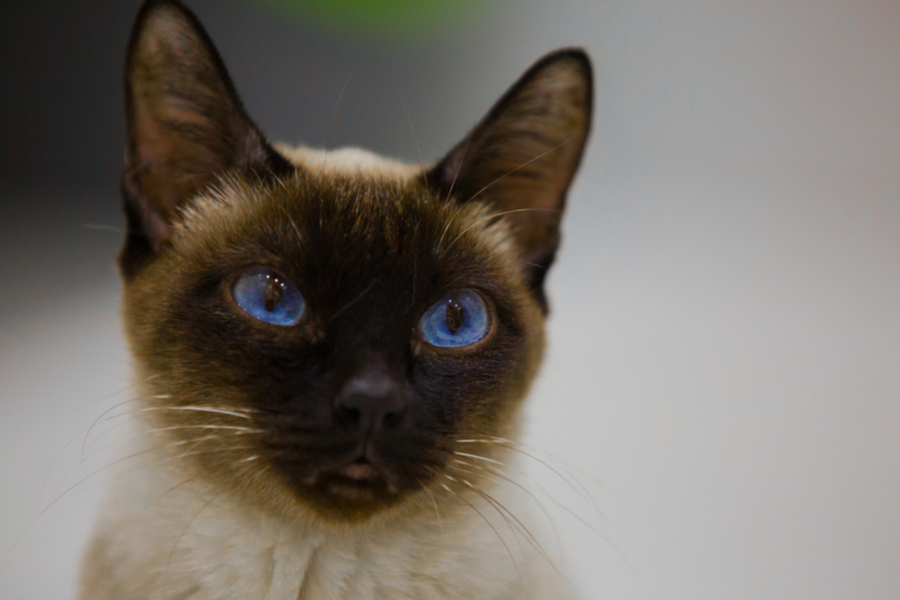
Toybobs are intelligent and love human interaction. They are easily trained and love to engage in interactive training sessions. Start them young, and they will thrive into a well-rounded and well-mannered feline companion.
You can keep Toybob busy with interactive and puzzle toys. Sit with them and teach them a new trick or two, or maybe a game of fetch to keep them mentally stimulated. Don’t forget to reward them with small treats and kibbles after every training session, especially if they behaved well.
Toybobs can have a short, close-lying coat or a semi-long coat. Shorter haired cats need less grooming than their longer coated counterparts. Weekly combing or brushing and a wipe over using chamois leather is typically all you need to keep their coats in excellent condition. Like other cat breeds, they tend to shed the most during Spring and then again in Autumn when more regular brushing or combing is needed.
Be sure to brush their teeth at least once a week to help prevent tooth and gum diseases. Keep their nails clean by trimming them twice a month or when needed. To clean their eyes, wipe the corners with a clean, soft, moistened cloth to eliminate any dirt or discharge.
Every week, check their ears for dirt and wax to ensure that their ears don’t develop any infection. If dirty, clean them using a cotton ball and a vet-approved ear cleanser. Ask your veterinarian for tips on correctly cleaning their ears to avoid hurting the insides. If you smell a foul odour, contact your vet for care and treatment.
Like many other cat breeds, Toybobs are very specific too about their bathroom hygiene. So, be sure to keep their litter boxes clean at all times. With a clean litter box, their gorgeous coat will stay clean of any grime or dirt. Furthermore, Toybobs can develop a behaviour of using other areas of the house if their litter boxes are left soiled.
It is sensible to keep your Toybob an indoor-only cat because of their size. Should you allow them to wander the outdoors, always supervise their outdoor adventures. It will protect them from getting attacked by stray cats or other free-roaming animals in the area, which will likely be much bigger than them.
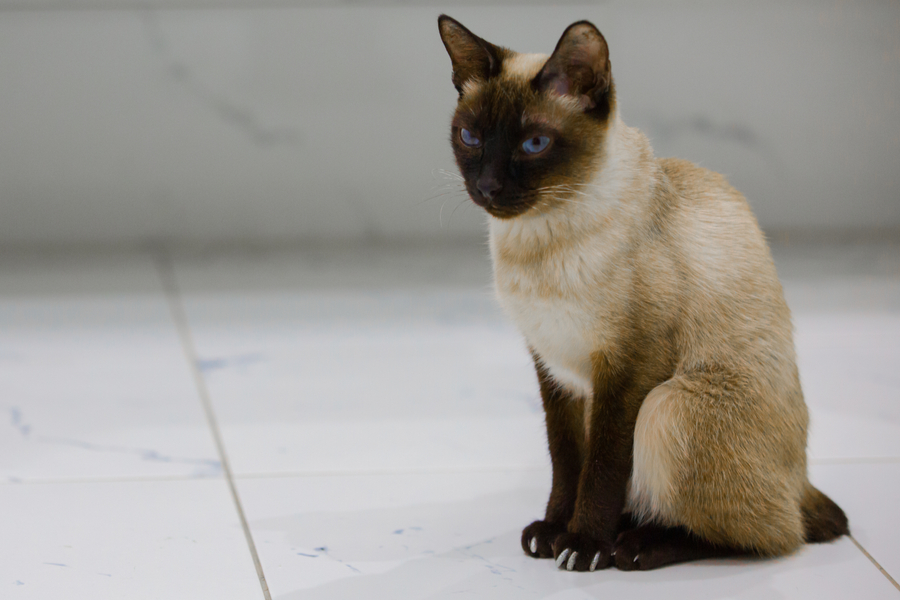
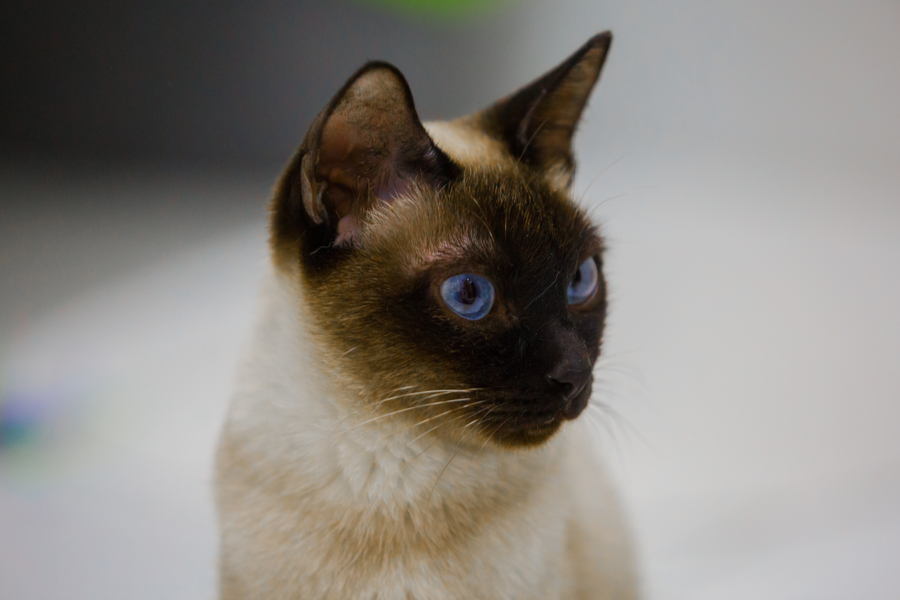
Toybob’s are generally a healthy and hardy breed, thanks to the harsh environment from which they originated. Also, the constant use of native Russian Domestic cats in the breeding development preserves the cat breed's excellent genetic diversity and good health. Toybobs have no known health or genetic problems, and they are known to have a life expectancy of fifteen years.
Even so, like with all other cat breeds, it is crucial to choose a breeder who runs DNA health checks on their Toybobs. This will give you peace of mind that your tiny feline will live a long and healthy life and also prove that your new cat has been raised in a good environment.
Because of their docile, easy-going, gentle, and affectionate nature, Toybobs make excellent pets for families with children and the elderly. They are an ideal match for children as they are playful and can play fetch and follow commands. Still, always supervise any interactions between your Toybob and child to avoid any mishaps that may occur. For the elderly, Toybobs make loyal lap cats that will keep them company all day.
Toybobs are known to get along well as a single pet or part of a pack. They can live pleasantly with other cat-friendly dogs, other cats, especially their kind, and other pets in the same household. Just be mindful when letting them meet for the first time. Make sure to gradually introduce them in controlled environments to guarantee that they will get along well.
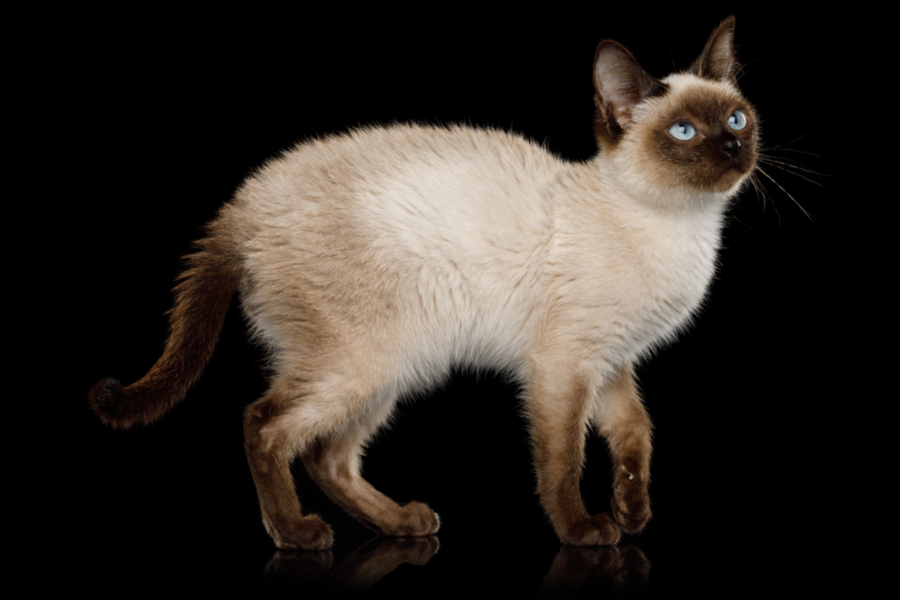
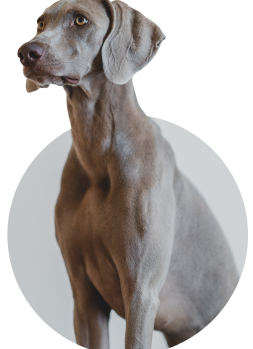
We can connect you with Breeders that are specialized in this particular breed.
See available kittens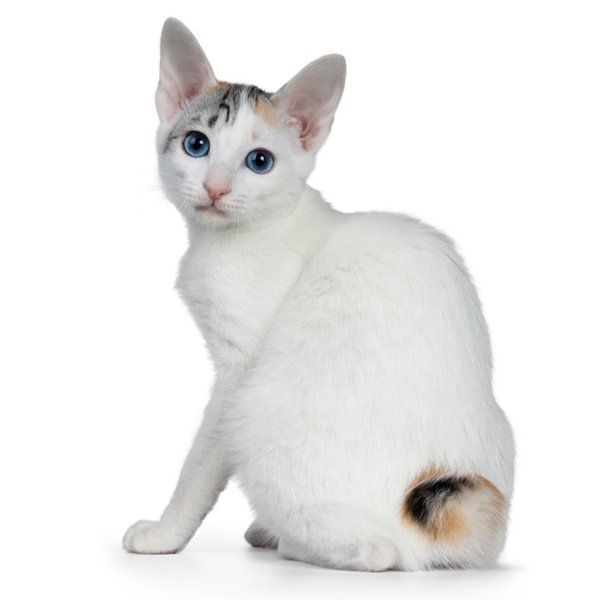
Japan
Size : Small
Coat : Short
Registration : TICA, CFA, FIFe
Vocality : High
Hypoallergenic : No
Grooming : Once a Week
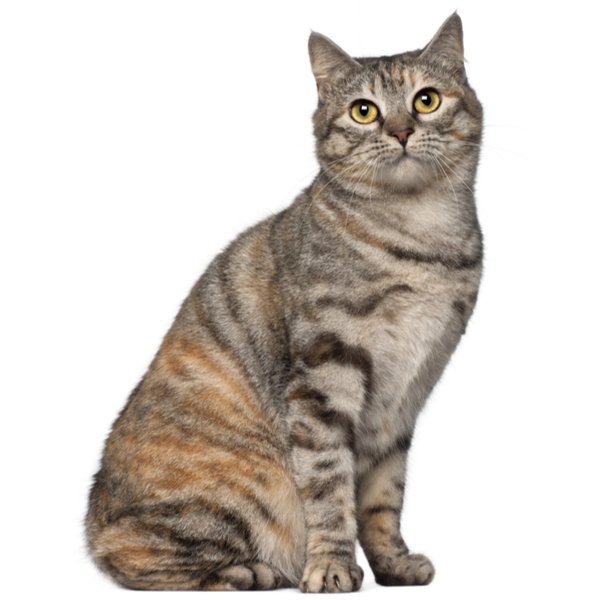
Russia
Size : Medium
Coat : Short
Registration : TICA, FIFe
Vocality : Medium
Hypoallergenic : No
Grooming : Once a Week
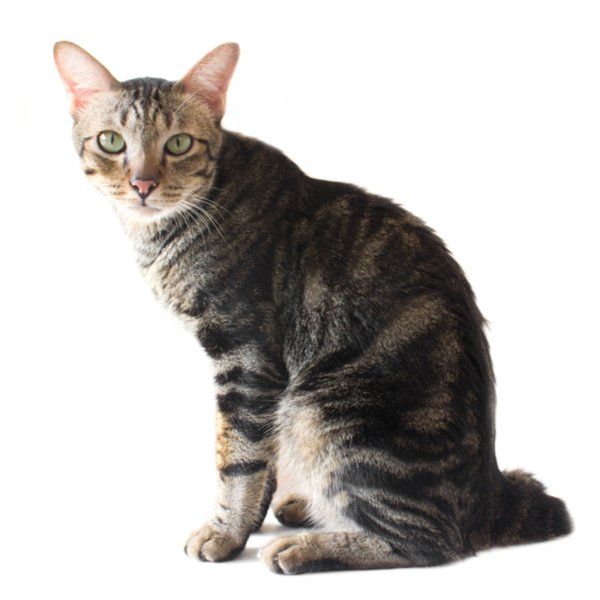
United States of America
Size : Medium
Coat : Short
Registration : TICA, CFA
Vocality : Low
Hypoallergenic : No
Grooming : Once a Week
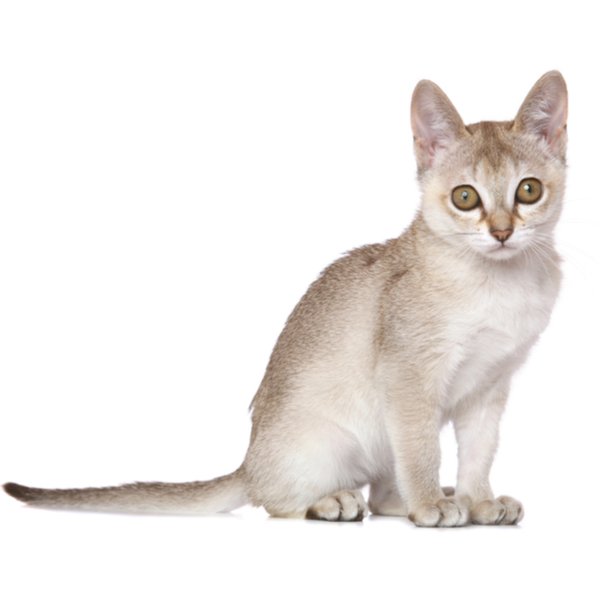
Singapore
Size : Small
Coat : Short
Registration : GCCF, TICA, CFA, FIFe
Vocality : High
Hypoallergenic : No
Grooming : Once a Week


Need some advice?
Whether you're a first time pet owner, an experienced pet owner, a new or long-time breeder, or just curious about pets, we've got you covered!
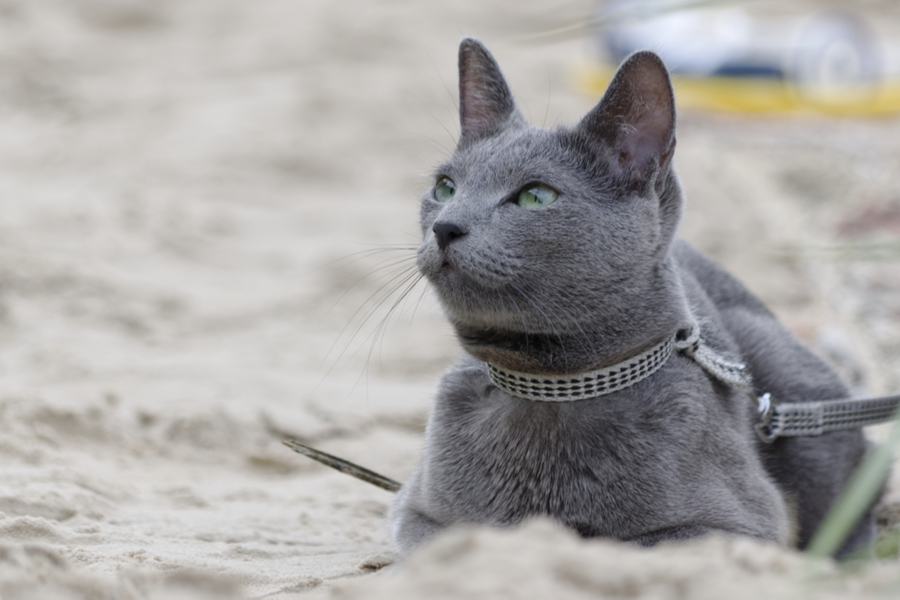
January 17, 2024
What Is The Personality Of Russian Blue Cats?
Russian Blue cats are most known for their distinctive shimmery blue-silver coat and piercing green eyes. However, this breed’s calm and gentle temperament is what makes them shine the most in the feline world.
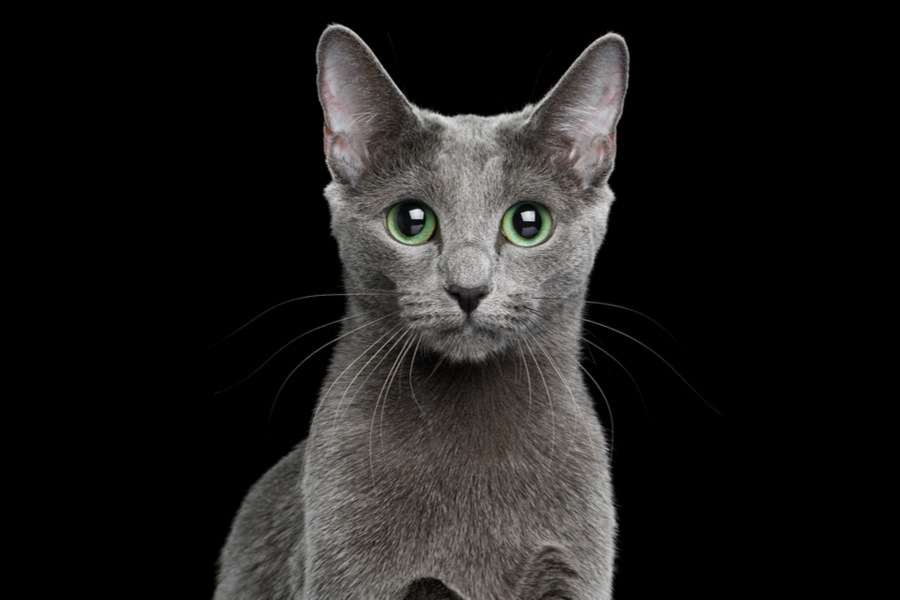
January 17, 2024
10 Facts About Russian Blue Cat Breed
Russian Blues are one of the most aesthetically stunning cat breeds, with a gorgeous plush silvery coat and vibrant green eyes. However, it’s not only their appearance that is beautiful; their nature is too.
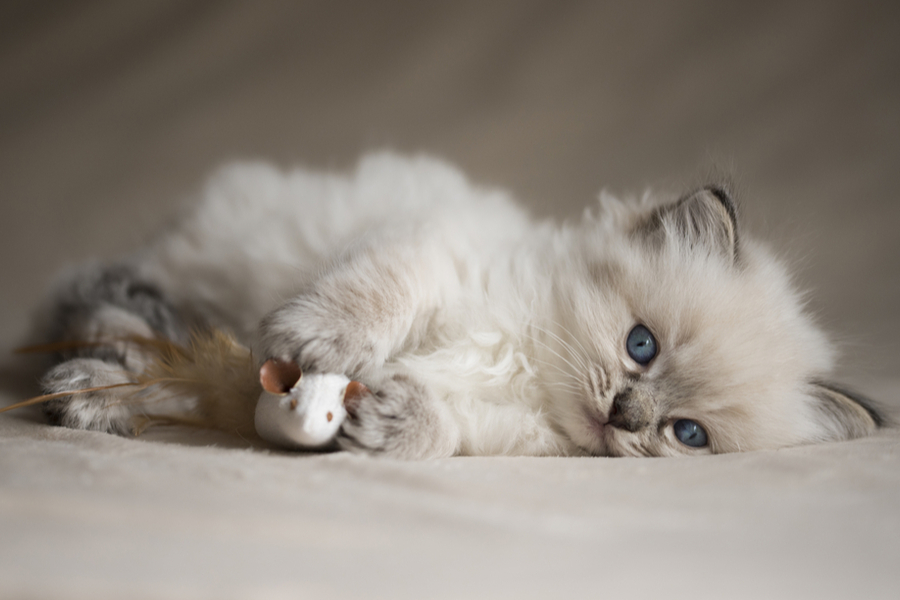
January 17, 2024
How To Choose The Right Cat Breed for You
Cats can make the most fantastic animal companions; they are adorable, friendly, and loving. However, not all felines are created equal. There are many different breeds, of which each has its unique personality traits.
Need some help?
Contact us to speak to our friendly advisor, who will gladly help you find your dream pet!



We are registered in England and Wales under registration number 12568840,
and our registered office is at 58-60 Kensington Church Street, W8 4DB London, England.
© 2023 The Pedigree Paws